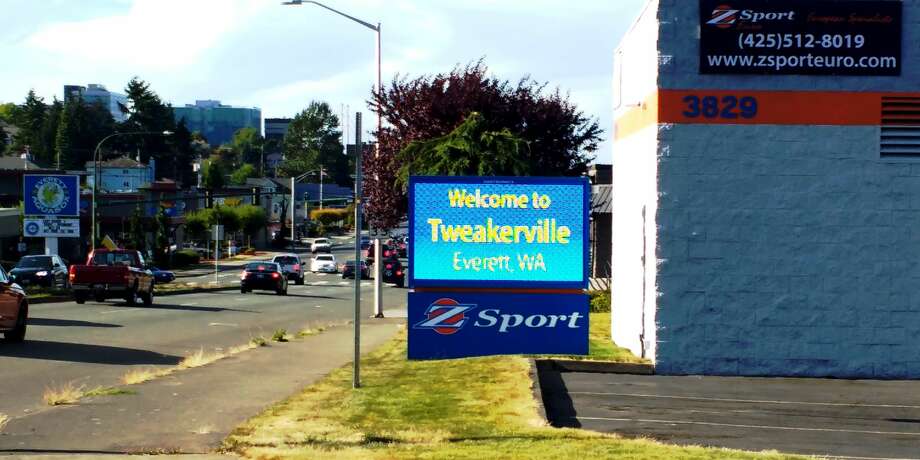Watching a documentary on an unrelated subject, the narrator was driving through a rust belt town that was in decline. She commented on the number of abandoned homes in what looked like an otherwise nice community.
It got me thinking. Are there areas of depressed property values that would be attractive to retirees? No need for employment, no need for a good school system.
I already see downsides in the availability of stores and services, and the potential for crime to rise and the value to go even lower.
But I wonder if there are places where things are starting to stabilize, which might make good retirement destinations simply because they're no longer quite as attractive to working stiffs.
It got me thinking. Are there areas of depressed property values that would be attractive to retirees? No need for employment, no need for a good school system.
I already see downsides in the availability of stores and services, and the potential for crime to rise and the value to go even lower.
But I wonder if there are places where things are starting to stabilize, which might make good retirement destinations simply because they're no longer quite as attractive to working stiffs.

